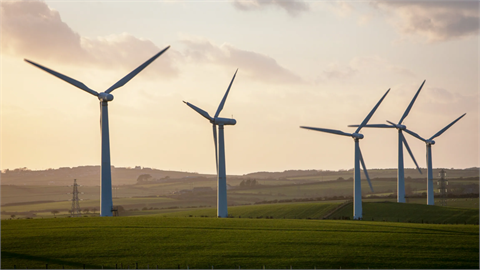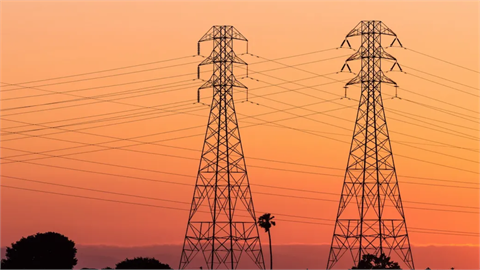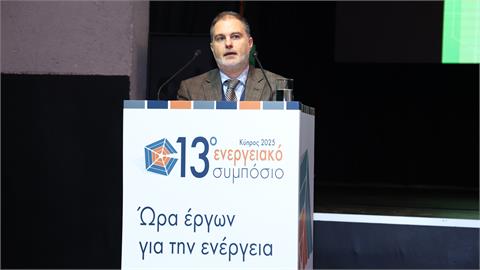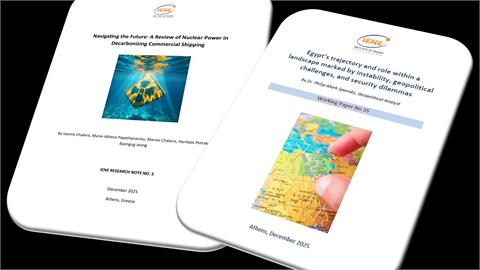On September 10, the Institute submitted its comments in the context of the public consultation conducted by Greece’s Regulatory Authority of Energy (RAE) on the terms of the proposed framework and underlying concepts of the new Gas Trading Platform to be launched by the Hellenic Energy Exchange (EnEx) sometime next year.
On September 10, the Institute submitted its comments in the context of the public consultation conducted by Greece’s Regulatory Authority of Energy (RAE) on the terms of the proposed framework and underlying concepts of the new Gas Trading Platform to be launched by the Hellenic Energy Exchange (EnEx) sometime next year.
IENE welcomed RAE’s initiative, while highlighting the Institute’s experience and knowledge on the issues concerning the organization and operation of gas trading hubs and their role in SE Europe, having completed two relevant studies (available here and here) over the last years.
It should be noted that the milestone for the gradual development of Greece’s Trading Point, known as the Hellenic Trading Point (HTP), which is already operated by the Hellenic Gas Transmission Operator (DESFA), was the establishment of the balancing point, which was inaugurated by DESFA on July 1, 2018, in compliance with the obligations arising from the European Directives.
This is also reflected in the latest “2020 Gas Hub Benchmarking Study”, prepared by the European Federation of Energy Traders (EFET), which clearly depicts that Greece and Turkey are the frontrunners in SE Europe in their attempt to establish a regional gas trading hub. The main reason for such an advantageous position for Greece lies in the fact that the HTP brings together all the features that a modern gas trading hub should have, such as easy access by all users, enhancement of liquidity provision, auctions along with continuous trading, interconnections with other countries, transparency, etc. It is anticipated that the Platform is will start operating within 2022 and will allow anonymous spot gas trading to the benefit of all market stakeholders.

IENE's extensive comments include suggestions for the identification of a benchmark price for gas trading hubs in SE Europe, which currently does not exist, while the CEGH VTP hub in Austria, one of the largest gas hubs in Europe, could act as a pivot for organizing gas trading in this region.
Regarding SE Europe, the question that needs to be addressed is whether the emerging gas trading hubs of Bulgaria, Romania, Ukraine, Greece and Turkey can build a spot gas market individually or even regionally, offering benchmark prices or their prices should be pegged to TTF, for instance.
It is worth noting that Italy for the first time ever became a net exporter of gas in June 2018. The political will in Italy to see a strong PSV gas hub that can be a marker price for Mediterranean gas has resulted in significant changes to its market structure, especially since 2014. As a result, PSV is continuously growing with an ever-increasing trading volume and IENE proposes a similar growth pattern for the HTP in the coming years.
Read IENE’s comments (in Greek) in more detail by following the link below: https://www.iene.gr/page.asp?pid=5465&lng=1




